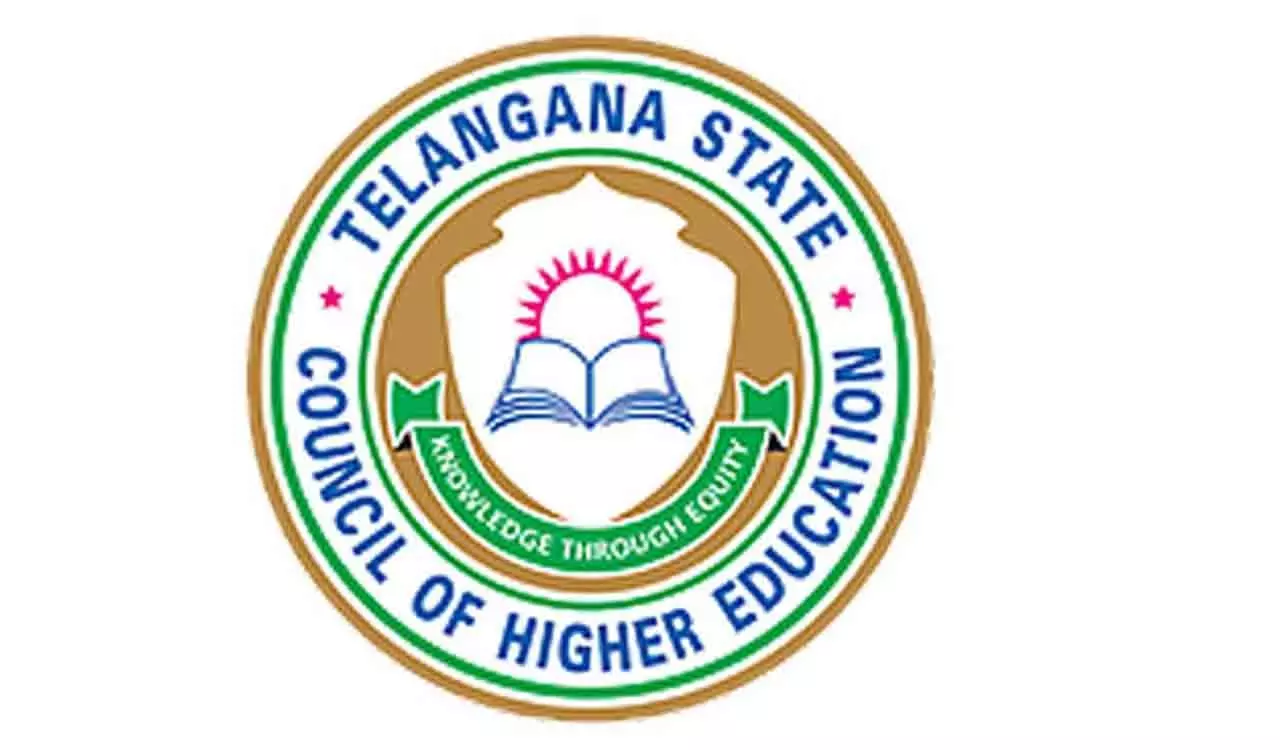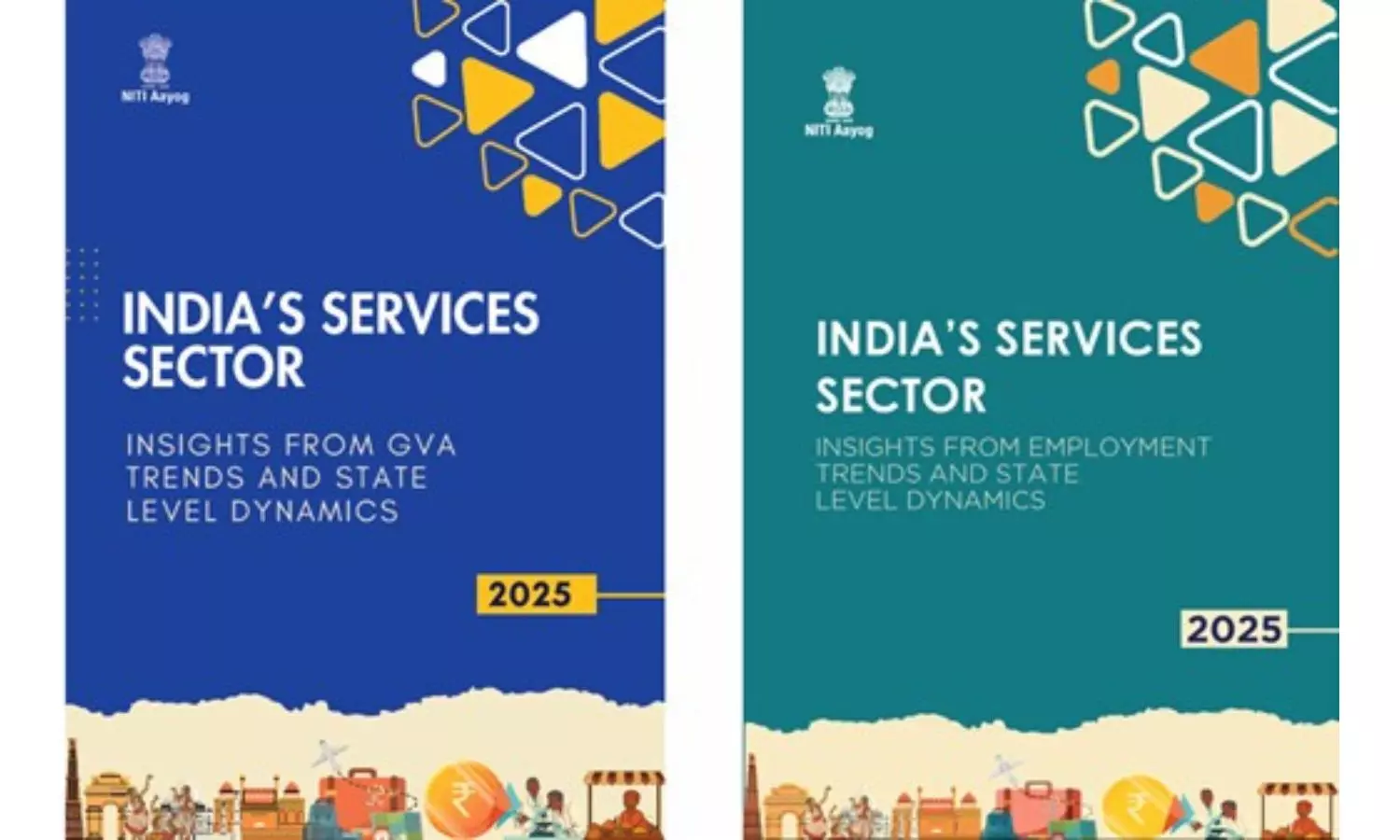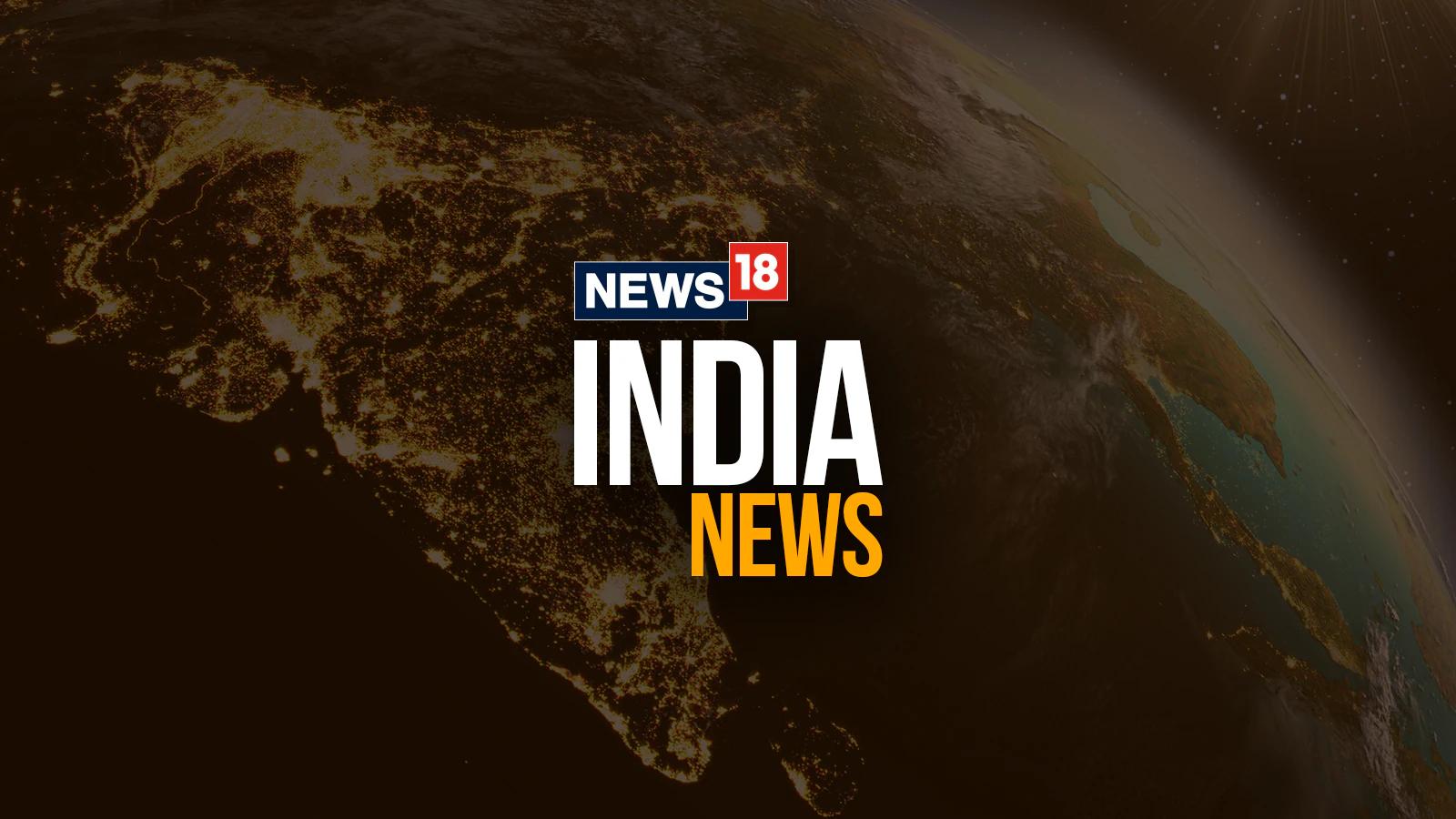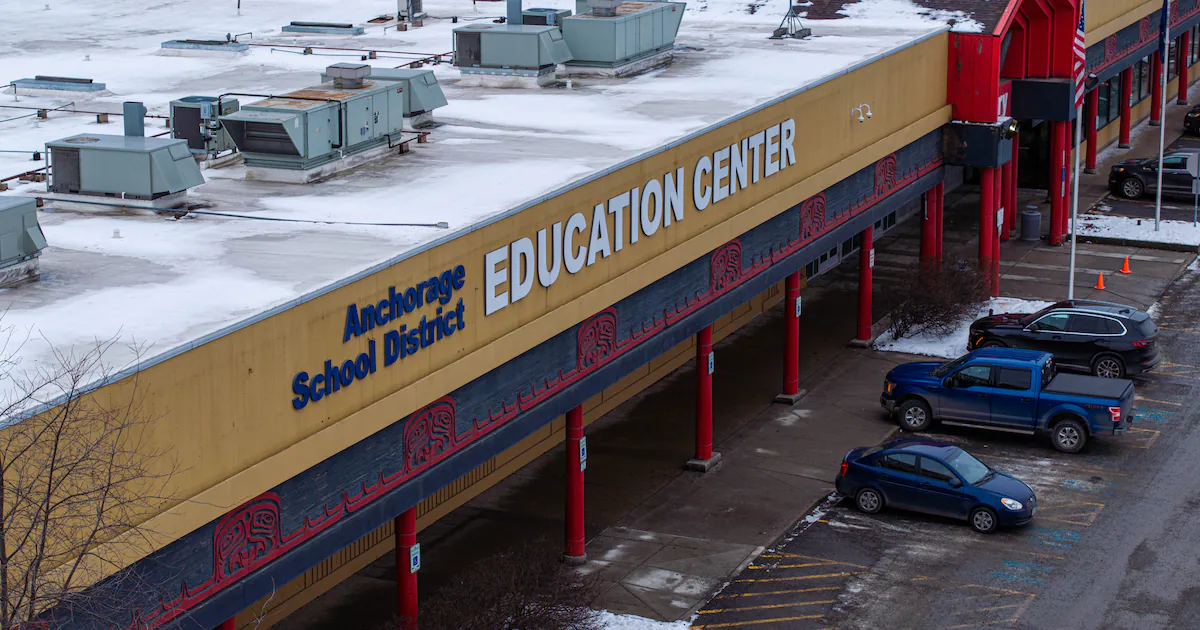Copyright brecorder
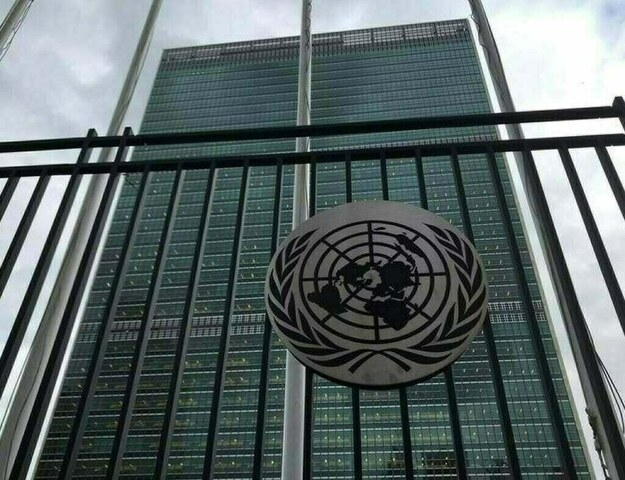
EDITORIAL: The UN Secretary-General’s recent warning that the global trading order is “at risk of derailment” captures the defining danger of our time. The multilateral system that once promised equitable growth is cracking under the pressure of protectionism, war, and unsustainable debt. Tariffs are rising, capital is retreating, and poorer economies are being crushed between the twin forces of global slowdown and domestic fragility. The world’s poorest states are not simply watching this unravel — they are paying for it. Economic reality makes this breakdown of global order deeply dangerous for countries like Pakistan. Every tariff hike in Washington or Brussels drives up import costs and narrows export markets. Every climate shock and each rise in global fuel or food prices push millions closer to the edge. The UN chief’s warning about the rules-based trade system collapsing is not a distant concern. It describes the everyday reality in the economic South, where growth relies on external goodwill while debt repayments continue to consume resources that should be funding education, health and social protection. More than 3.4 billion people worldwide now live in countries that spend more on servicing debt than on health or education. Pakistan is among them. Despite temporary stability under an IMF programme and emergency inflows from friendly capitals, the country remains trapped in a cycle of dependency — borrowing to stay solvent, restructuring to stay afloat, and sacrificing development to meet fiscal targets. The idea that poor nations should be granted partial debt forgiveness, once a serious item on the global agenda, has quietly faded. Yet, without meaningful restructuring, the poorest states will remain locked out of the very progress global institutions claim to promote. The structural unfairness extends beyond finance. The protectionist spiral — accelerated by trade wars and tariff escalation — has fractured the global market that once integrated developing economies. Each time the United States raises barriers or the European Union imposes new climate-linked tariffs, poorer exporters lose competitiveness they never fully gained. Pakistan’s textile and agriculture sectors, already struggling with high input costs and limited innovation, now face a world where “free trade” increasingly means selective access. Guterres’ observation that “military expenditure trends show we are investing more in death than in people’s prosperity” also hits home. Pakistan knows too well what it means to balance national security imperatives against human development needs. Decades of conflict, terrorism, and extremism have drained both capital and confidence. Investment avoids insecurity. That is why the current crackdown on militant networks, though long delayed, is vital not just for security but for economic recovery. Growth requires safety before it requires stimulus. The UN’s call for a fairer global trade and investment framework must now evolve into concrete reform. Developing nations need access to concessional financing, relief from predatory debt contracts, and equitable representation in financial institutions that still reflect post-war power hierarchies. The global South contributes the majority of global growth but remains marginal in setting its rules. That imbalance cannot last without systemic consequences. Data-driven assessments such as the UN’s provide clarity about what needs fixing. The problem is not lack of evidence but lack of action. Progress, as Guterres suggested, depends on aligning trade, climate, and technology policy to lift those at the bottom rather than penalise them for being poor. Pakistan’s future, like that of many developing economies, depends on whether the world rediscovers the political will to make fairness a condition, not a concession, of global trade. Copyright Business Recorder, 2025
